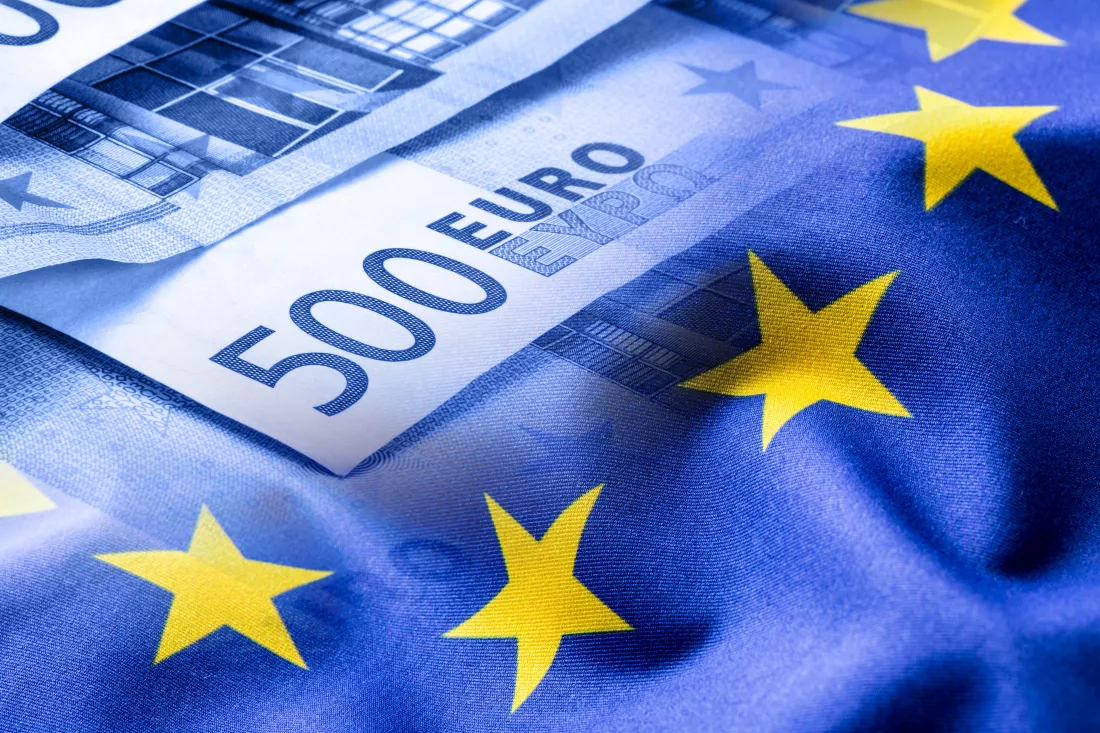Despite the intentions of human politics, history has shown that it is often the one, not the many, who have led the world towards its destiny... now turn your eyes to Earth once more and tell me what you see.
Uatu, Earth X, ch. 3, written by Jim Krueger and Alex Ross

